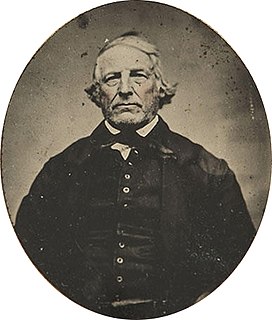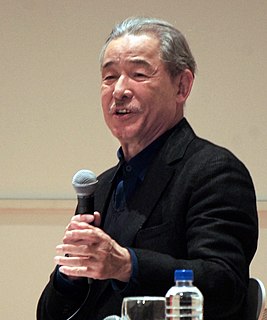A Quote by Lawrence M. Krauss
Empirical explorations ultimately change our understanding of which questions are important and fruitful and which are not.
Quote Topics
Related Quotes
Now with the allocation and the understanding of the lack of understanding, we enter into a new era of science in which we feel nothing more than so much so as to say that those within themselves, comporary or non-comporary, will figuratively figure into the folding of our non-understanding and our partial understanding to the networks of which we all draw our source and conclusions from.
I have always been interested in conducting research that yielded new methods by which to make cloth, and in developing new materials that combine craftsmanship and new technology. But the most important thing for me is to show that, ultimately, technology is not the most important tool; it is our brains, our thoughts, our hands, our bodies, which express the most essential things.
If you don't put the spiritual and religious dimension into our political conversation, you won't be asking the really big and important question. If you don't bring in values and religion, you'll be asking superficial questions. What is life all about? What is our relationship to God? These are the important questions. What is our obligation to one another and community? If we don't ask those questions, the residual questions that we're asking aren't as interesting.
The Caring for Climate initiative is fully aligned with our own explicit commitments, which reflect our respect for society in which we operate, respect for the environment, respect for the future generations. Climate change must be addressed through mutually beneficial collaboration and multi-stakeholder channels to be effective ultimately.
A dozen times a day we come to a fork in the road and must decide which way we will go. It is important to get our ultimate objectives clearly in mind so that we do not become distracted at each fork in the road by the irrelevant questions: Which is the easier or more pleasant way? Or, Which way are others going?





































